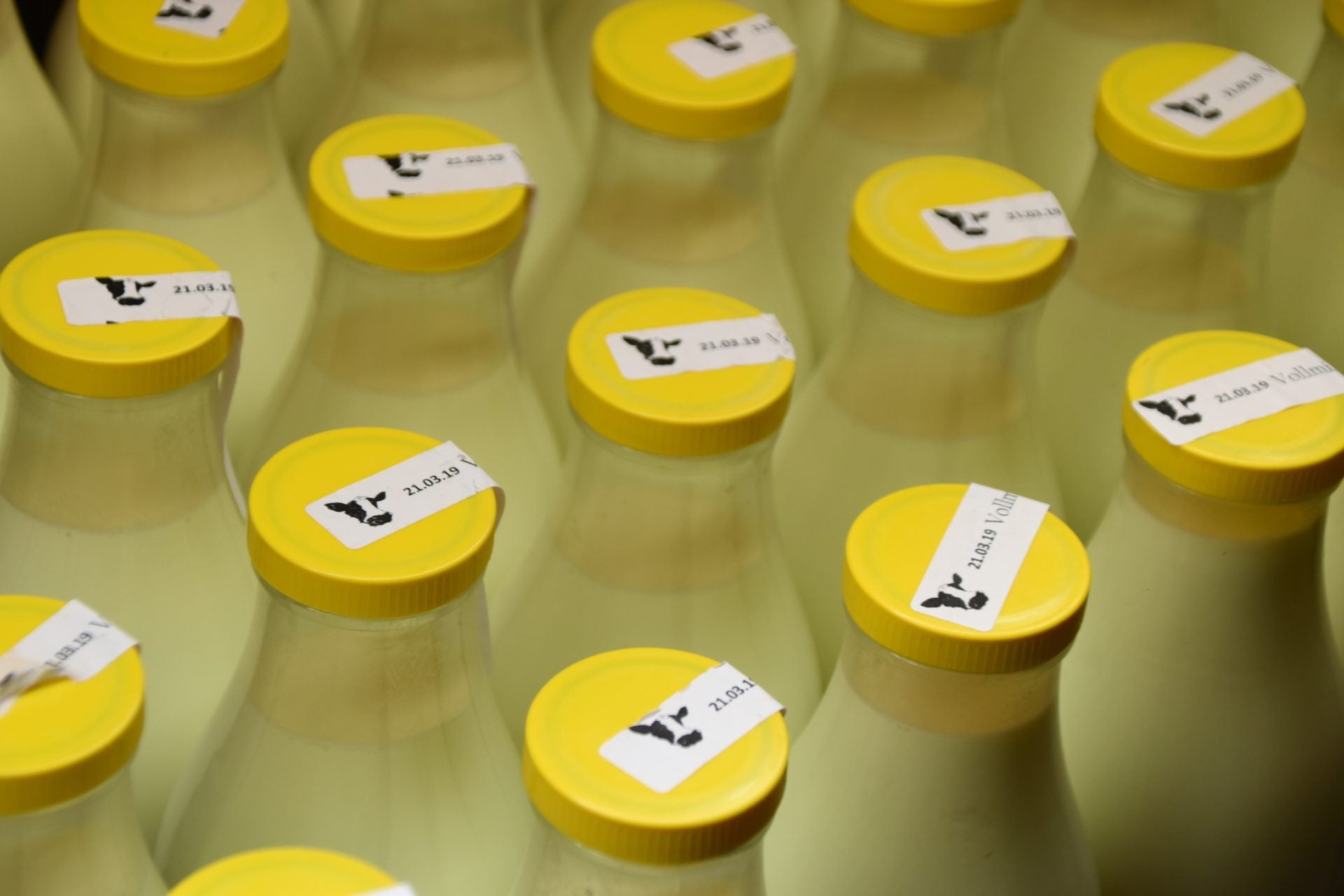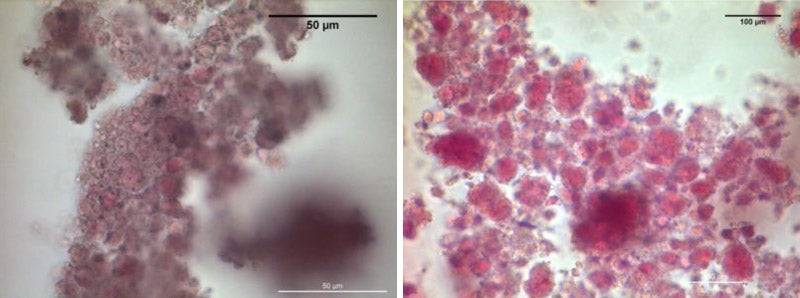
Many have long trusted the ‘sniff test’ to determine if milk has gone off, but soon technology could take care of that for you. Researchers have developed a milk sensor that can detect – or ‘smell’ – if milk has spoiled.
The sensor is coated in nanoparticles that react to gas and bacterial growth given off when milk goes bad. If milk has spoiled, the sensor changes colour.

Access deeper industry intelligence
Experience unmatched clarity with a single platform that combines unique data, AI, and human expertise.
It is hoped the milk sensor, which does not touch the milk itself, could be integrated into a milk bottle’s plastic cap.
It would mean a person can see if milk has gone off without opening the bottle – potentially avoiding wastage in the food industry and providing more accurate information for consumers.
The research team, from the Department of Biological Systems Engineering (BSE), the WSU/UI School of Food Science and other departments, published their findings in the journal Food Control.
“If it’s going bad, most food produces a volatile compound that doesn’t smell good,” said Shyam Sablani, a professor at BSE and part of the research team.

US Tariffs are shifting - will you react or anticipate?
Don’t let policy changes catch you off guard. Stay proactive with real-time data and expert analysis.
By GlobalData“That comes from bacterial growth in the food, most of the time. But you can’t smell that until you open the container.”

Got milk (sensors)?
The sensor has only been tested in a controlled laboratory and only provides a binary result – the milk is either OK or spoiled.
But the research team plan on developing a system that shows how long until milk goes off.
This could help detect spoiled milk that is still within the expiry date but has been kept in inadequate conditions.
“The expiration date on cold or frozen products is only accurate if it has been stored at the correct temperature the entire time,” Sablani said.
Sablani said that produce is often stored at the wrong temperature, such as during shipment or if a consumer experiences a delay home from the shop.
“We’ll have to work with the industry to make this work,” Sablani said. “But we’re confident that we can succeed and help improve food safety and shelf life for consumers.”
The milk sensor is one of many types of food sensors under development. Other researchers, for example, have developed a packaging patch that detects harmful pathogens such as Salmonella on meat.
Read more: Could an AI-powered ‘smart bin’ help reduce food waste at restaurants?







